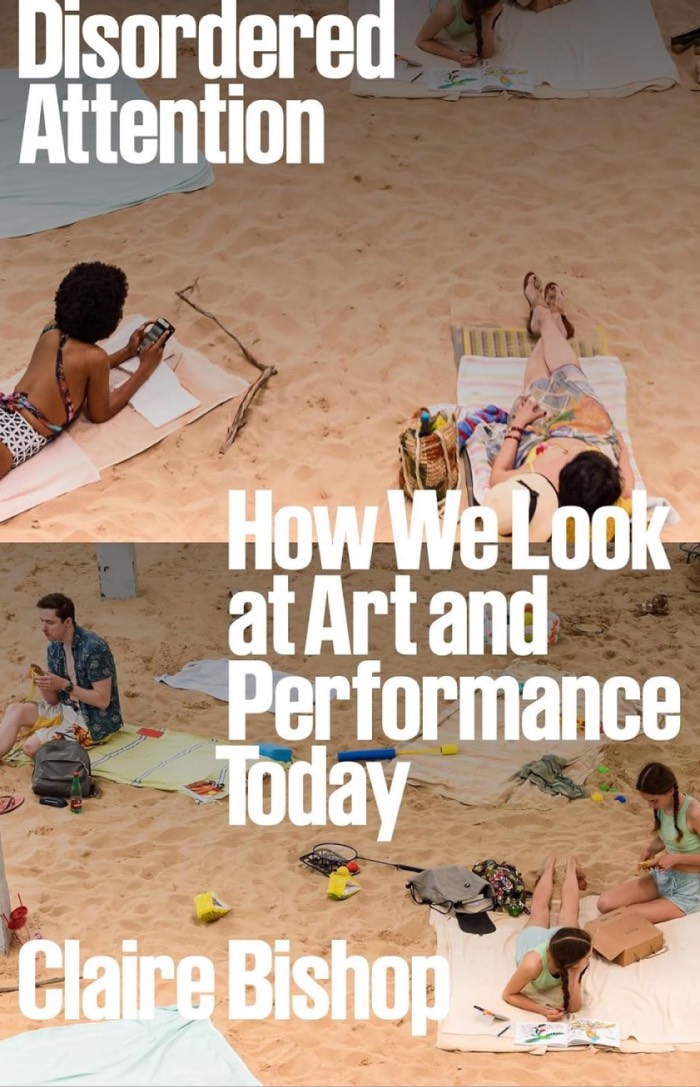
Abolish the Family: A Manifesto for Care and Liberation
What would it be like to imagine a communism not just of wealth but also of care, love and belonging? Where the full range of human needs are met without depending on the fragile bubble of the nuclear family? That institution we are all supposed to believe will be there for us—even though so many books and films detail all the ways in which it fails. This is the difficult yet important terrain where Sophie Lewis ventures. Abolish the Family is a short, sharp shock to our assumptions about the good life and how to achieve it.
Sophie Lewis is a freelance writer living in Philadelphia, teaching courses for the Brooklyn Institute for Social Research. Her first book was Full Surrogacy Now: Feminism Against Family, and her essays have appeared in the New York Times, Harper's, Boston Review, n+1, the London Review of Books and Salvage. Sophie studied English, Politics, Environment and Geography at Oxford, the New School, and Manchester University, and is now an unpaid visiting scholar at the Feminist, Queer and Transgender Studies Center at the University of Pennsylvania.







